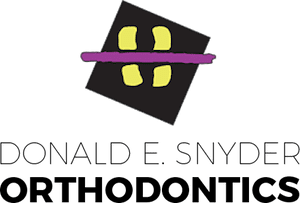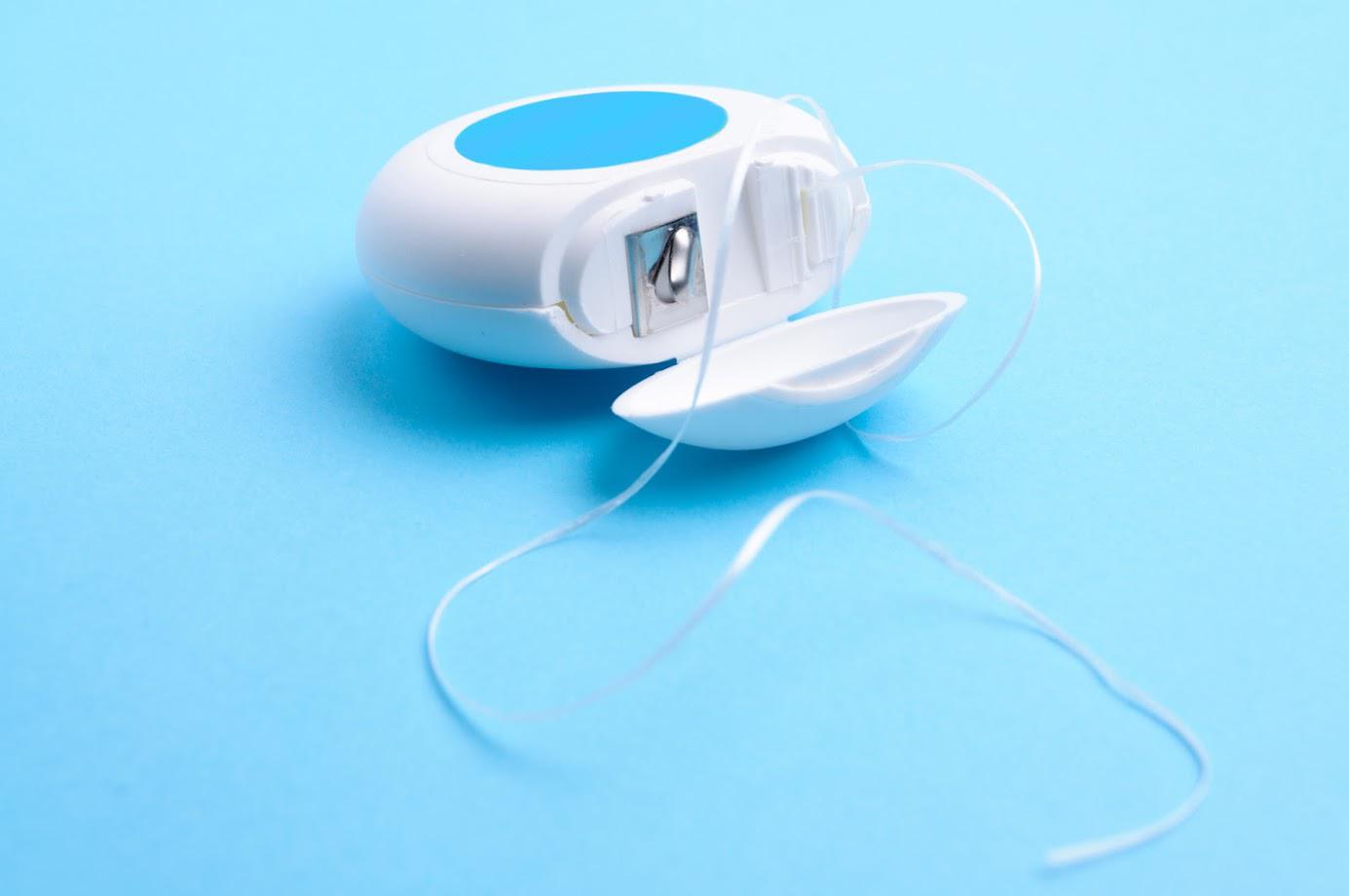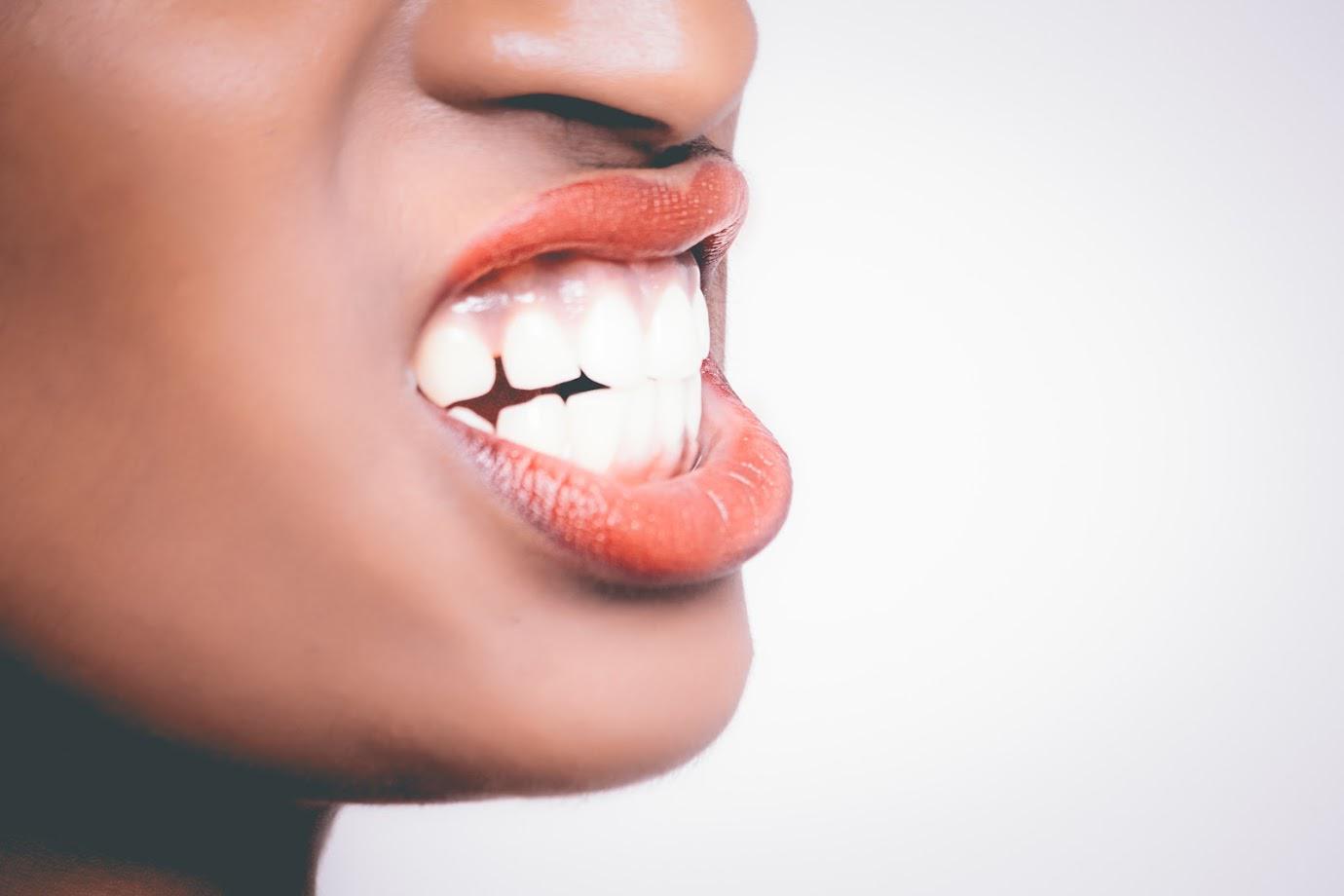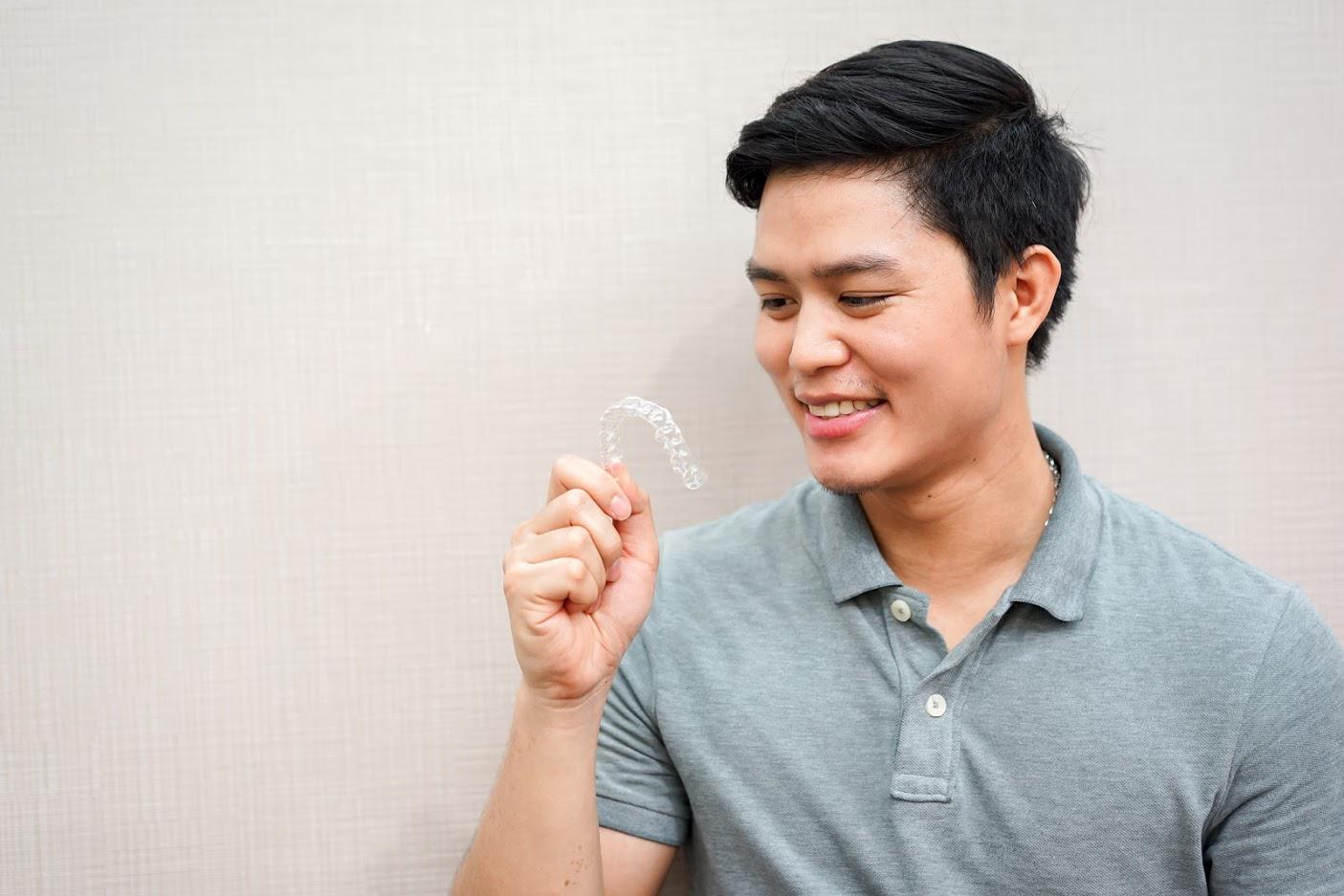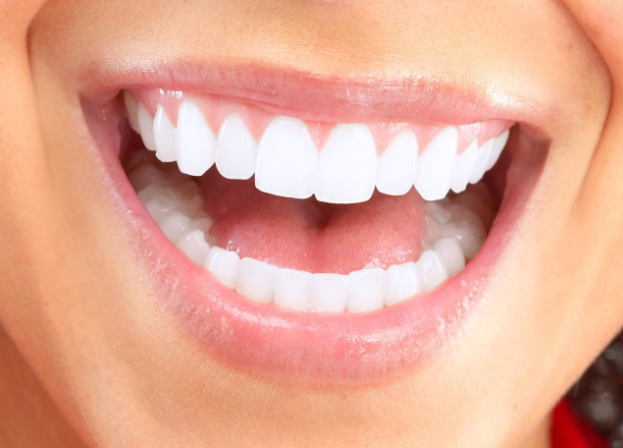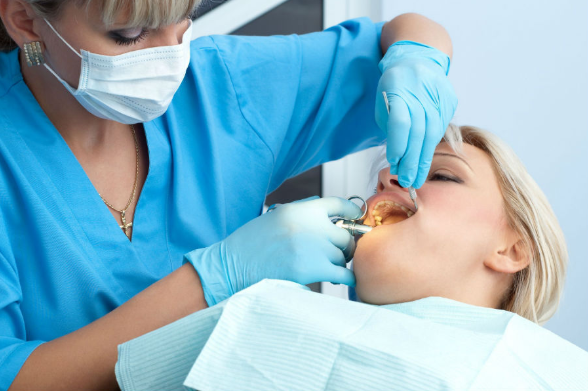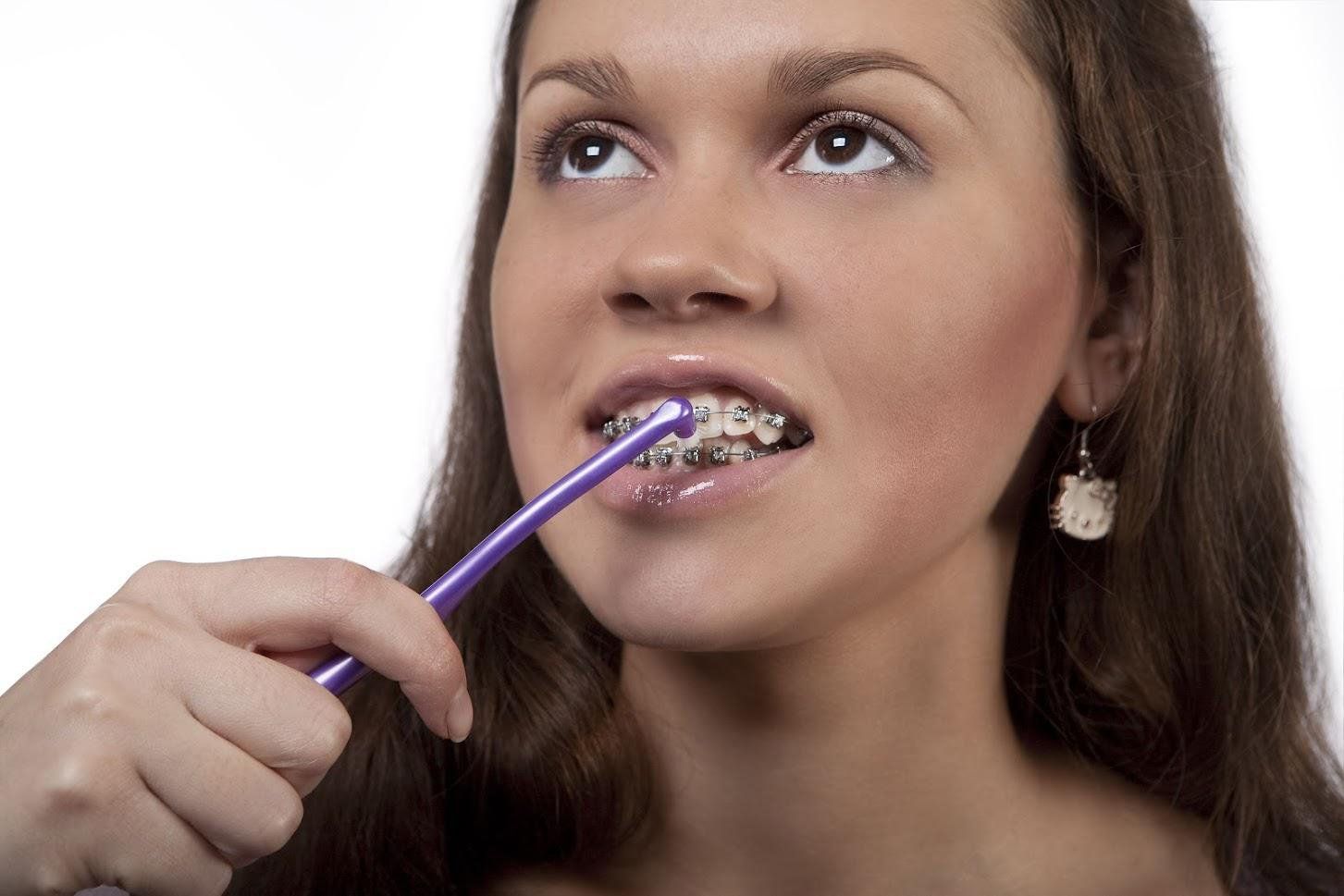5 Common Compilations From Misaligned Teeth
- By Admin
- •
- 27 Jul, 2019

Misaligned teeth can be embarrassing and may make you want to hide your smile from the world. However, crooked teeth are not just embarrassing but actually lead to long-term serious issues. If you have a crooked smile, check out these five common complications you may experience.
1. Tooth Decay, Infection, and Gum Disease
Keeping your teeth clean is about removing plaque from every surface of your tooth on a daily basis. This prevents the plaque from hardening, which can irritate gums, leading to gum disease. Without much plaque, bacteria also has less food to eat, which means they produce less enamel-eating acids.
Normally, you can easily do this with brushing and flossing, but if your teeth are severely crooked or overcrowded, reaching between teeth can be difficult or impossible. You may be able to try using a thinner type of floss, but without treatment to straighten the teeth, you will have to put more effort into keeping your teeth clean or deal with increased decay, infection, and gum disease.
2. Speech Impediment
Being able to speak properly involves hitting your tongue in the right spot, which sometimes includes your front teeth. If you have malocclusion, your teeth do not fit together right when the mouth is closed. People with malocclusion sometimes have a harder time pronouncing words than people with straight teeth.
The worse your malocclusion, the worse your speech impediment. If your speech impediment is from crooked teeth or malocclusion, the only treatment often is braces to realign the teeth.
3. TMJ Pain and Complications
TMJ refers to the temporomandibular joint, which controls opening and closing your mouth. Damage to this area can lead to TMJ syndrome, which presents with pain at the TMJ, which may worsen when you chew or speak. The joint may also pop when you use it. Other symptoms include temple pain, headache, ear pain, or locking of the jaw.
TMJ can actually be from many factors, including poor posture and gum chewing. However, it can also occur when you have malocclusion. If your teeth cannot open, close, and hit together properly, this puts extra stress and strain on the joint.
4. Grinding Teeth
Teeth grinding or bruxism has many causes. In fact, just being stressed or anxious can lead to teeth grinding during the day and at night. If you grind your teeth during the day, you are probably aware of this bad habit, but if you grind your teeth at night, look for jaw pain (especially upon waking), sore gums, sensitive teeth, loose teeth, and headache.
Crooked teeth, however, can also promote bruxism. This may occur if the teeth hit each other awkwardly because of crooked or rotated teeth. Long-term tooth grinding will lead to shortened teeth and chips.
5. Sleep Apnea
Sleep apnea is a condition in which you stop breathing for a moment during the night. The interruption wakes you enough to start breathing again, causing a restless night's sleep. The cause may from your nose or nasal health, but many sufferers have misaligned teeth.
If you have crooked teeth that make your mouth narrow, your tongue has less room, so it is more likely to fall into your throat. If you have an overbite, it may cause you to sleep with your mouth open, which can also help collapse the throat, making it harder to breath.
Having a straight smile does not just give you more confidence; it helps your oral health in the long run. If you have crooked teeth, start seeking treatment. For more information about braces and how they can help you, contact us today at Donald E. Snyder Orthodontics.
